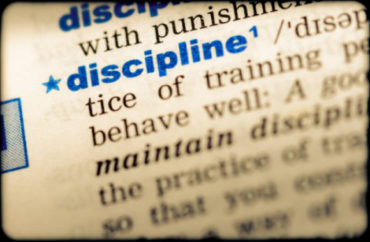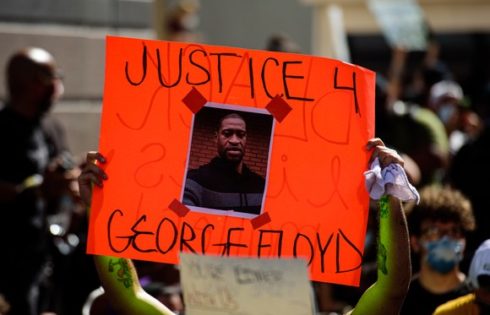
It appears that officials in the St. Paul, Minnesota Public Schools just never learn.
Five years ago The College Fix summarized some of the educational nonsense the district had imposed upon its teachers and public, as well as the inanity from pressure groups to which the district had succumbed.
As of that time, St. Paul had spent millions — yes, millions — on typical progressive educationist boondoggles like “cultural competence” and “white privilege” trainings, and had hired “diversity” outfits like Glenn Singleton’s Pacific Educational Group.
Eventually, those with common sense had had enough. They ousted Superintendent Valeria Silva, and a city councilman said “Somewhere along the way they [district officials] have to get their arms around the behavior issues.”
Fast forward to the present: A district “equity committee” has recommended that schools cease all student suspensions as a method of punishment.
The Pioneer Press reports the committee’s call comes as district schools (allegedly) “continue to kick Black and American Indian students out of class at high rates.” Proponents of the move offered the board the usual reasons why suspensions should be halted, such as students miss out on instruction, they feel “shamed,” and there’s no “restorative” opportunities.
Central High Restorative Practices Coordinator William Hill, a member of the equity committee, said the district “should research alternatives” to suspensions via a task force. He further suggested that teachers who never kick kids out of class “train” those that do.
Hill said the district “must correct ‘misconceptions educators have about our children’ and say to teachers who object that ‘this might not be the district for you.’”
MORE: St. Paul school no longer celebrates ‘dominant holidays’
Quite ironically, another determination of Hill’s equity committee was that “high teacher turnover prevents schools from maintaining a positive school climate.” Can Hill and his peers can put 2 and 2 together? (Oh, wait — does that still even apply?)
Part of the zeal behind the committee’s suggestion comes from a 2018 determination by the Minnesota Department of Human Rights that minority students in the district were being “disproportionately” disciplined. It’s a common argument in education circles, with the implicit suggestion that racism is behind it.
But for those willing to listen to those who’ve dared delve into the issue a bit more in-depth, like former Department of Education official Hans Bader, there comes the realization there’s more behind this “disproportionality.”
For instance, last month Bader noted that studies, including self-reports, show black students get into fights at school at over twice the rate of whites. One study, from the progressive Brookings Institution, says black students “are also more likely to come from family backgrounds associated with school behavior problems,” notably “single-parent families.”
There’s also the not-so-small matter of the courts panning the notion that discipline percentages have to be proportional. In the 1997 case People Who Care v. Rockford Board of Education, an appeals court shot down a district’s proportionate discipline mandate saying it was illegal, “violates equity in its root sense,” and “entails either systematically overpunishing the innocent or systematically underpunishing the guilty.”
And in a case with which I am familiar, the Coalition to Save Our Children v. State Board of Education of Delaware, another federal appeals court “did not accept” the notion that “higher black discipline rates are due to racism.”
Even with all that, there’s basic common sense: Teachers and students alike (white and black) simply don’t want chronically misbehaved students in their classes … because they ruin the educational experience for everyone else. Many times I had personally witnessed exasperated students chiding perpetually misbehaved peers to “knock it off.” And teachers don’t want suspensions taken away; a 2019 study showed that while they’re supportive of “restorative” measures, teachers believe suspension is a legitimate discipline tool.
St. Paul Superintendent Joe Gothard said he would “have to review all” of the equity committee’s recommendations, and added he “absolutely” wants fewer students suspended.
A potential problem, however, is that according to his LinkedIn page, Gothard was never a classroom teacher (something I believe should be a prerequisite for any school administrator). It’s much easier to believe in the abolition of suspensions based on academic theory than on actual experience.
MORE: St. Paul teachers ripped by BLM get transferred to new schools
IMAGE: Shutterstock.com
Like The College Fix on Facebook / Follow us on Twitter







Please join the conversation about our stories on Facebook, Twitter, Instagram, Reddit, MeWe, Rumble, Gab, Minds and Gettr.